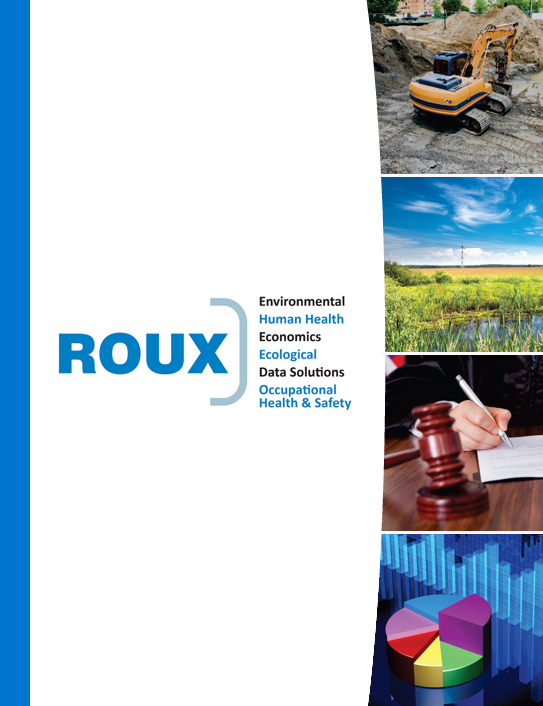New Regulations Could Impact your Petroleum Operations
The United States Environmental Protection Agency (EPA) recently introduced regulations regarding fugitive gas emissions in the petroleum industry, and state governments have already begun to introduce even more stringent regulations in response to the EPA changes. These new state-level regulations will include additional compliance requirements that will result in additional costs to the regulated community.
Current EPA regulations require fenceline monitoring at only petroleum refineries (40 CFR 60 Subpart CC), but the EPA plans to require optical gas imaging (OGI) for leak detection and repair (LDAR) in both the upstream and downstream sectors. These new EPA OGI for LDAR regulations are poised to be 40 CFR 60 Appendix K, and the EPA is expected to promulgate the final rule in 2022.
Many state governments may implement similar, but even further reaching regulations in the next few years. The Maine Department of Environmental Protection (MEDEP), for example, has recently proposed draft regulations for licensed petroleum storage facilities. These draft regulations require continuous fenceline monitoring and quarterly OGI for LDAR as follows:
- Continuous fenceline monitoring: MEDEP fenceline monitoring could apply to even the smallest petroleum terminals or storage facilities. Like EPA’s fenceline monitoring regulations for petroleum refineries, MEDEP’s draft fenceline monitoring regulations reference EPA Method 325, which requires a minimum of 12 passive desorption tube samples and four quality assurance/quality control samples biweekly. The draft MEDEP regulations also require that a third-party conduct the fenceline monitoring.
- Quarterly OGI for LDAR: Facilities will be required to purchase/rent specific OGI equipment, in addition to photoionization detection (PID) equipment for leak verification. OGI for LDAR methods in Maine will be based partly on EPA Method 21, and facilities will be required to report each leak to the MEDEP. Facilities will face costs associated with purchasing/renting equipment, training, developing sampling plans, recordkeeping, reporting, repair, and additional requirements for internal floating roof tanks and heated petroleum storage tanks.
Considering the potential additional analytical and equipment costs, petroleum facilities need experienced consultants to efficiently coordinate sampling and manage compliance. Roux can provide technical services for compliance with fugitive gas emissions regulations at both the federal and state levels. For fenceline monitoring, Roux is also prepared for third-party compliance assistance and has established relationships with laboratories that conduct Method 325 analysis. For OGI LDAR, Roux has extensive experience supervising EPA Method 21 LDAR surveys, developing sampling protocols, maintaining compliance records, and reporting to state agencies. If you would like to learn more about Roux’s services, please click below for more information.
